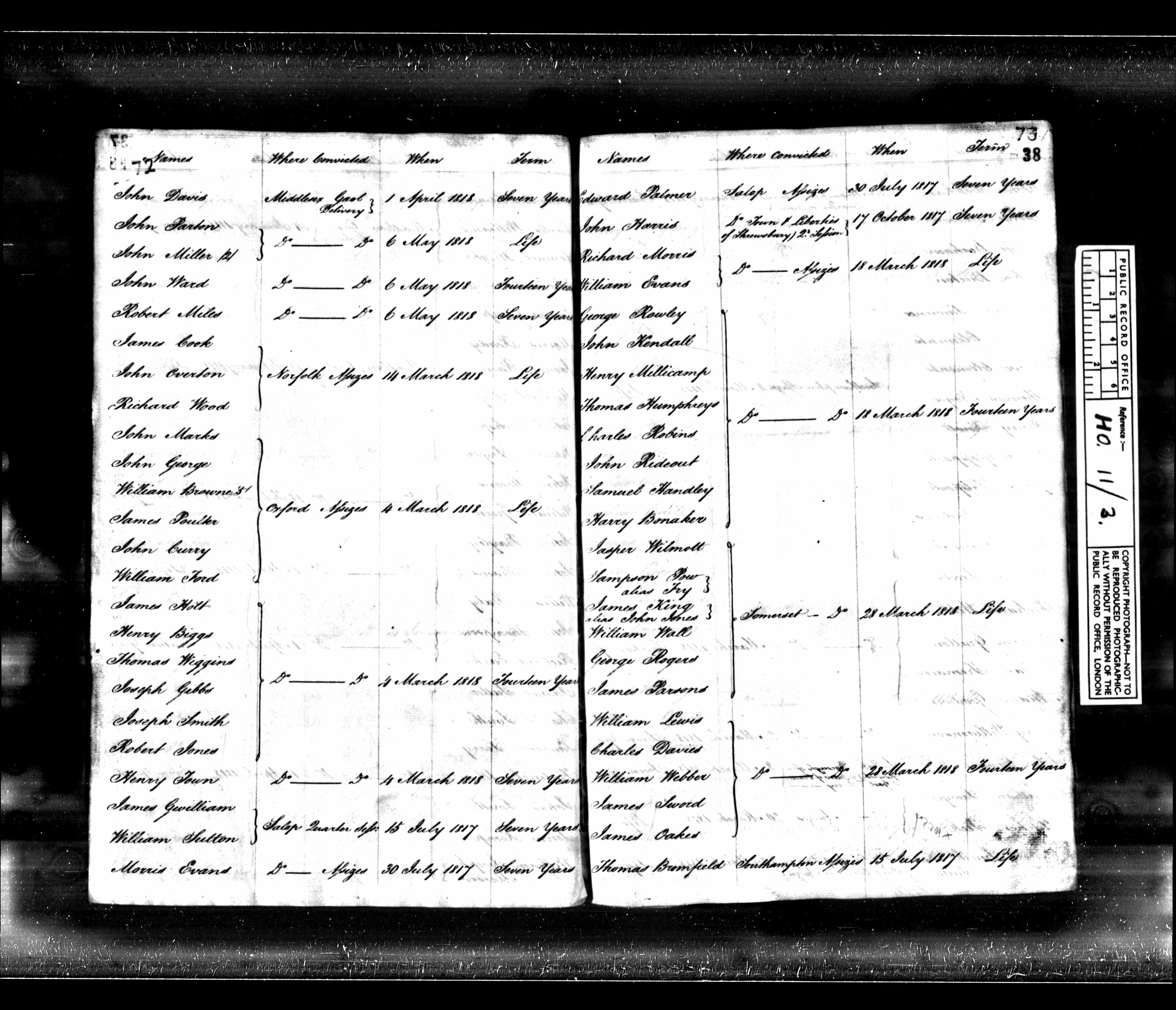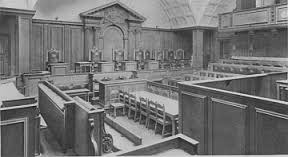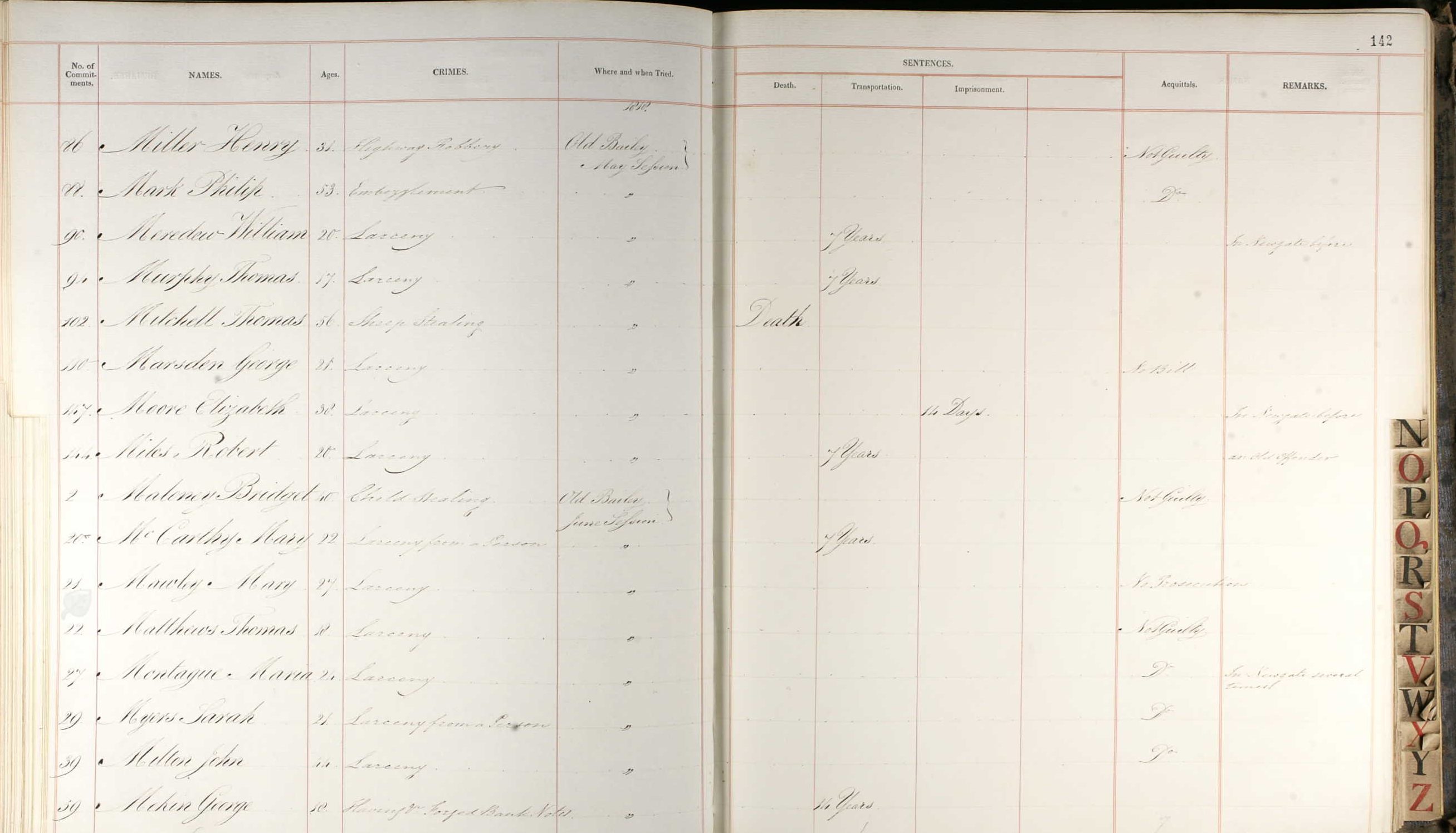OUTRAGE AT WATERFORD.—ELEVEN PERSONS SHOT.—On Thursday evening, [July 8] about nine o’clock, a crowd of children assembled in the Manor, and were shouting, “Down with the Tories !” “Wyse and Barron for ever !” with several exclamations of a like nature, when a monster, named Morgan, who resides in Henry-street, opened his door, and deliberately fired a pistol, loaded with balls or slugs, on the young and innocent creatures ; he then reloaded and fired again, then shut his door, and fired a third shot from his window. He succeeded in his deadly purpose. Will it be credited, he wounded eleven defenceless children, three of whom are not expected to recover ? Some boys, indignant at this horrid and brutal outrage, assailed the residence of this wretched and blood-stained man, and broke the windows in front of his house, but they were stopped by a few discreet neighbours. The police conducted the prisoner in perfect safety to the mayor’s office. The following named wounded persons (all being under the age of eighteen) sat at the side bar :—Johanna Heneberry, Alice Foley, Mary Doyle, Alice Keating, Michael Kelly, and Martin Magrath. Some of the other persons wounded were sent to the Leper Hospital, and others are in so dangerous a situation that they cannot be removed. Among the latter are a son of Mr. Thomas Torpey, a little girl named Mountain, and a boy named Quilty. About half past ten the prisoner Morgan was brought forward, when the mayor read the depositions of some of the wounded people, charging the prisoner with having fired two pistol shots. The mayor said he should commit the prisoner, and would not take bail. Since writing the above, we have heard that the child named Mountain has died of her wounds. Morgan is fully committed. – Abridged from the Waterford Chronicle.
WATERFORD (CITY).—SECOND DAY’S POLL, July 8.—The Conservatives started a fourth candidate this morning,—W. Morris Reade, Esq. The following is the close of the poll at five minutes past six o’clock p.m. :—Barron (R), 193; Wyse (R), 192; Christmas (T), 127; Reade (T), 111. Electors have been objected to on both sides as having registered out of house and premises, instead of house or premises; but the same objection having been raised at Dublin the assessor here has determined to be governed by the decision which shall be come to in the metropolis on the subject. —TEN O’CLOCK, P.M.—Four children have been severely wounded by a Conservative and his son, who fired pistol-shots and a blunderbuss laden with slugs on an unarmed mob. The perpetrators of this brutal act are in prison. Another man was stabbed by a man in the arm with a dagger, and two of the police wounded by the same instrument.
The above text was found on p.6, 17th July 1841 in “The Tablet: The International Catholic News Weekly.” Reproduced with kind permission of the Publisher. The Tablet can be found at http://www.thetablet.co.uk .
The text below is taken from the Spectator also on 17th July 1841. Both papers took a strongly anti-Tory stance.
WATERFORD CITY. Mr. [Thomas] Wyse and Mr. [Henry] Barron retired before the close of the poll, on Monday ; when Mr. [William] Christmas and Mr. [William Morris] Reade were declared duly elected. The contest was disgraced by savage riots. In the course of it, one Morgan fired a pistol, in self-defence, say the Tories ; but the persons he shot were boys and girls, eleven in number. One of them died, and Morgan was committed at the Police-office for trial. The Sheriff was thrown down and trampled on ; and four houses were “wrecked”; one of them being “literally torn down by the mob.”
Barron and Wyse having been defeated by the two Conservatives in 1841, were reseated on petition the following year.
Sir Thomas Wyse KCB (1791 – 1862), one of the ultimately successful M.P.’s probably bears more study. He was a Catholic and educated at Stonyhurst, and Trinity College, Dublin. The family were Anglo-Irish having arrived in the C12th during the reign of Henry II. He married Princess Letizia Bonaparte [Napoléon’s niece] in Italy in 1821, when he was 30 and she was 16. The marriage seemed to be fairly rocky. After an especially violent fight in 1824, she fled to a convent and asked for a separation. Eight months later, when Wyse threatened to leave Italy without her, she submitted to him, and travelled to Ireland with him. The arguments continued, and in May 1828 they agreed to a separation. Letizia threw herself into the Serpentine in Hyde Park in a suicide attempt and was rescued by Captain Studholme John Hodgson (1805–1890), who became her lover. They had three children who all used the surname Bonaparte-Wyse.




